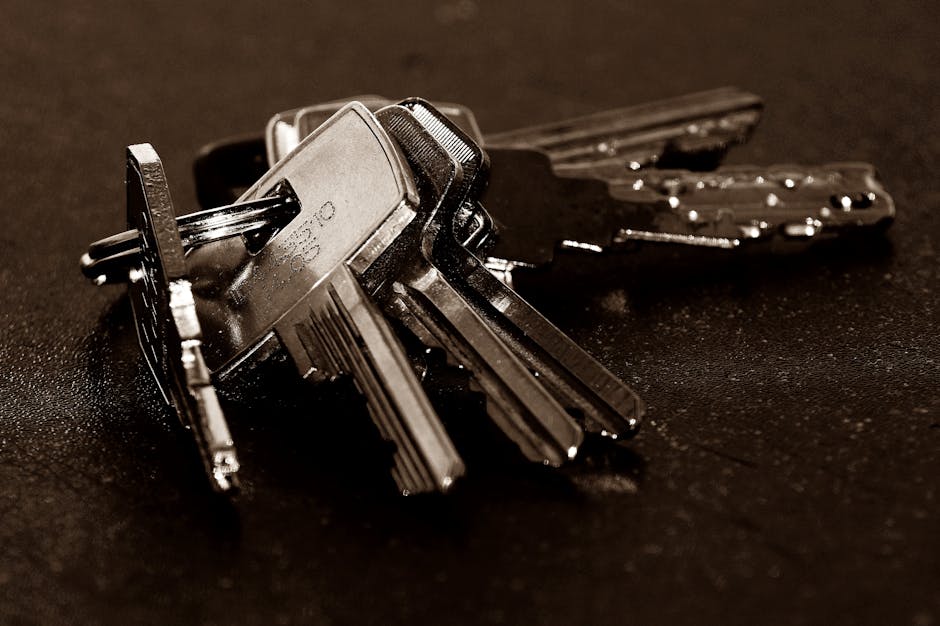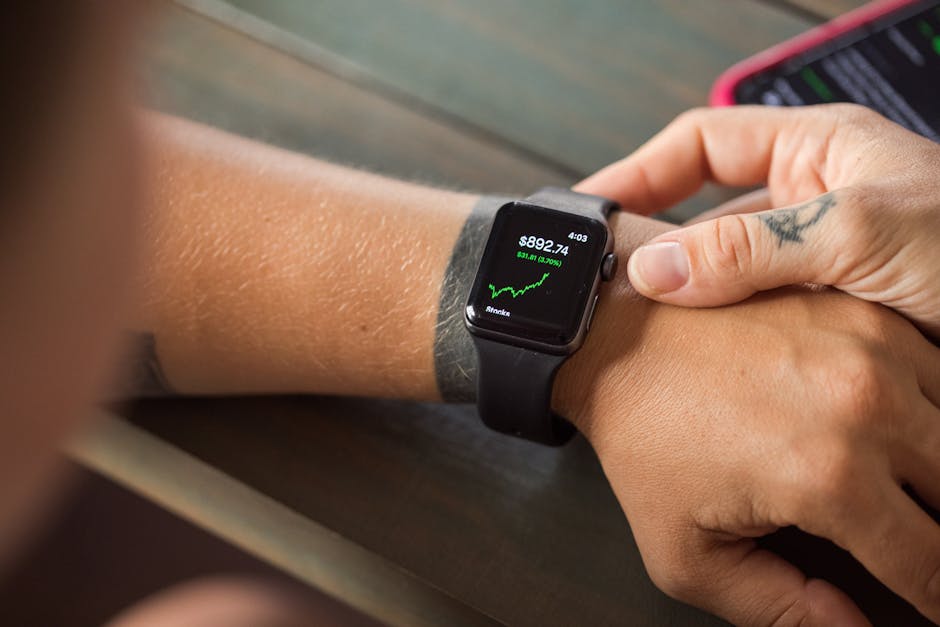The Alarming Rise of Accelerated Ageing
Ever catch your reflection and think, “Wait, when did that happen?” A new ache in your knee, a weariness that coffee can’t seem to fix, or a general feeling that you’re running on fumes. You’re not imagining it. While your Aadhaar card might say you’re 35, a growing body of scientific evidence suggests your cells could be telling a story closer to 45.
This isn’t about vanity. It’s a scientifically-backed phenomenon known as accelerated biological ageing. Our chronological age—the number of candles on our birthday cake—is fixed. But our biological age, the true health of our cells and organs, is proving to be alarmingly flexible. For many of us, it’s speeding in the wrong direction.
Why Are Our Bodies Ageing Faster? The Modern-Day Culprits
So, what’s pressing the fast-forward button on our health? The usual suspects are all present, but they’ve been supercharged by the demands of modern Indian life.
- Chronic Stress and “Hustle Culture”: The 24/7 connectivity, constant pressure to perform, and blurred lines between work and home have put our bodies in a permanent state of high alert. This chronic stress floods our system with cortisol, a hormone that, over time, breaks down tissues, impairs cognitive function, and literally ages us from the inside out.
- Ultra-Processed Diets: We’ve steadily traded our grandmothers’ wisdom—the balanced thali rich in dals, seasonal vegetables, and whole grains—for the instant gratification of ultra-processed foods. These convenient, sugary, and inflammatory meals are cellular saboteurs. They cause oxidative stress that damages our DNA, contributing directly to faster ageing. Our Zomato-fuelled lifestyle is costing us more than money; it’s costing us our youth.
- The Great Sleep Deficit: In our quest to do more, we’ve relegated sleep to a luxury. Binge-watching shows until 2 a.m. or scrolling through social media has become the norm. But sleep is when our body performs its most critical repair work. Skimping on it is like refusing to let the body’s essential maintenance crew do its job.
- Environmental Toxins: For millions living in our bustling metros, breathing polluted air is a daily reality. These environmental toxins create free radicals that attack our cells, contributing to everything from premature skin ageing to more serious internal damage.
How to Hit the Brakes: 4 Ways to Slow Your Biological Clock
While the causes sound bleak, this is not a one-way street. We have more control than we think. Hitting the brakes on accelerated ageing doesn’t require a mythical fountain of youth, but rather a series of conscious, powerful lifestyle changes.
1. Embrace Daily Movement
Our bodies were designed to move, not to be parked at a desk for ten hours a day. This doesn’t mean you need to run a marathon tomorrow. It means incorporating simple, consistent activity into your day: take the stairs, enjoy a 20-minute post-dinner walk, or roll out a mat for some morning Surya Namaskars.
2. Reclaim Your Kitchen and Diet
Focus on nourishing your cells, not just filling your stomach. Think less packaged, more produce. Reintroduce the powerful, anti-inflammatory magic of Indian spices like turmeric (haldi) and focus on a colourful plate filled with fibre-rich vegetables, lean proteins, and healthy fats.
3. Prioritise Your Mind and Manage Stress
Stress is inevitable, but our reaction to it is not. Just ten minutes of daily meditation, deep breathing exercises, or even listening to calming music can significantly lower cortisol levels. This simple act helps switch our bodies from a stressed “fight-or-flight” state to a healing “rest-and-digest” mode.
4. Honour Your Sleep
Make your bedroom a sanctuary dedicated to rest. Put your phone away an hour before bedtime to avoid blue light disruption. Create a simple, relaxing routine—like reading a book or gentle stretching—that signals to your body that it’s time to power down, repair, and rejuvenate.
It’s About Healthspan, Not Just Lifespan
The goal isn’t immortality; it’s about improving our healthspan—the number of years we live in good health and with full vitality. The power to slow down the cellular clock isn’t in some expensive, futuristic treatment. It’s in our daily habits, our choices, and our willingness to listen to what our bodies have been trying to tell us. We can hit the brakes. The only question is, will we?




